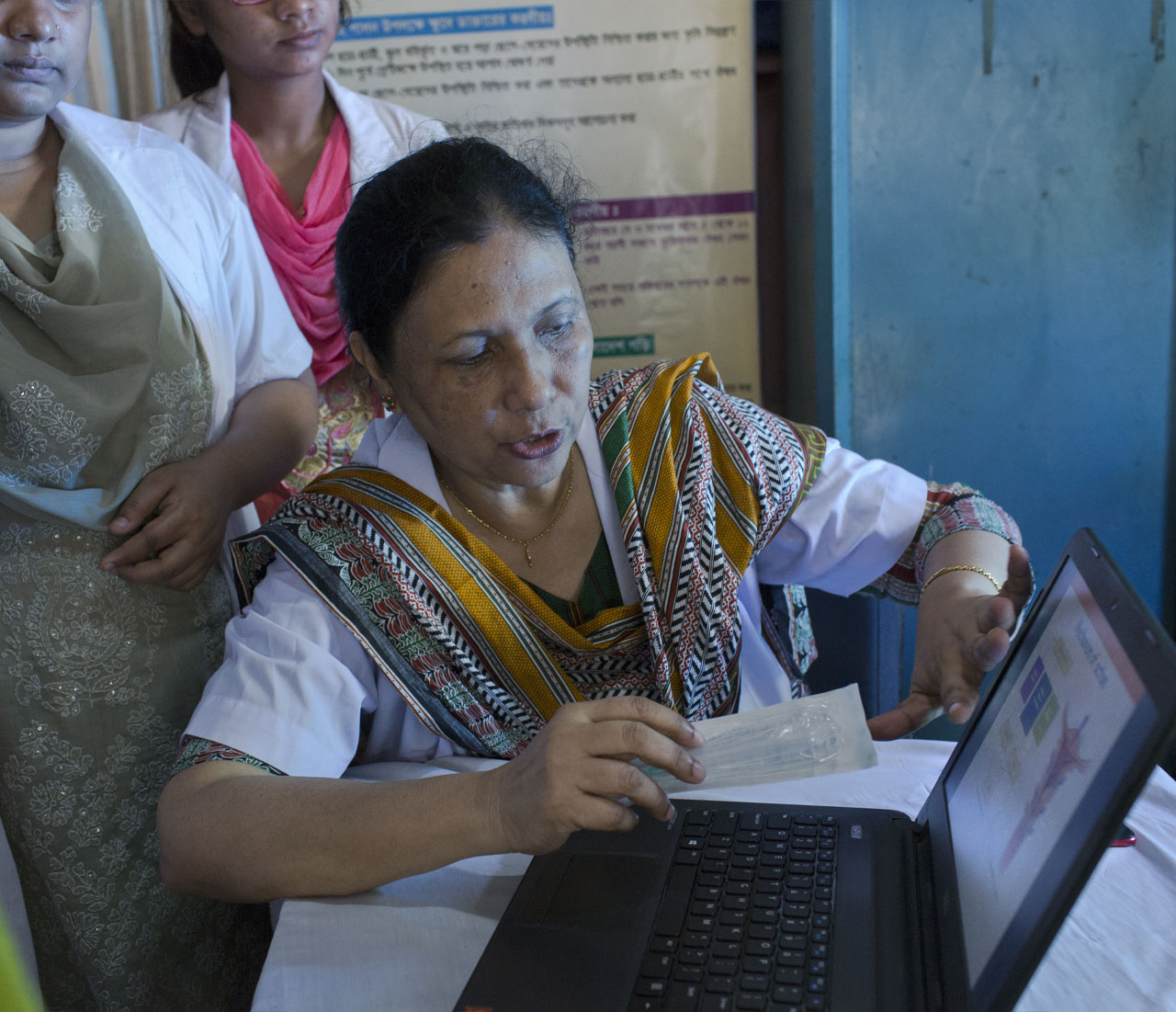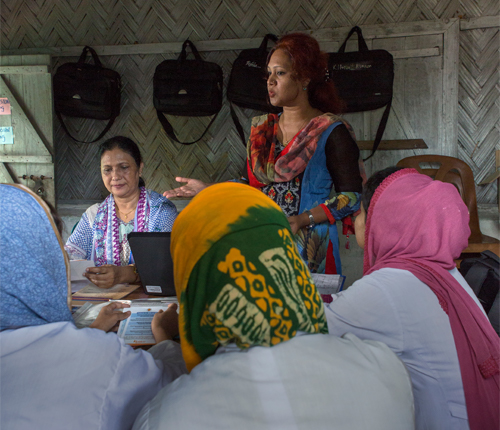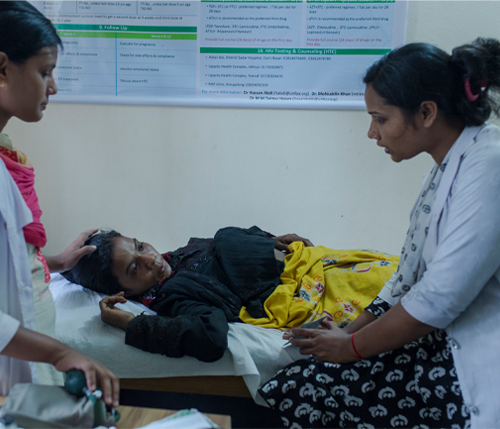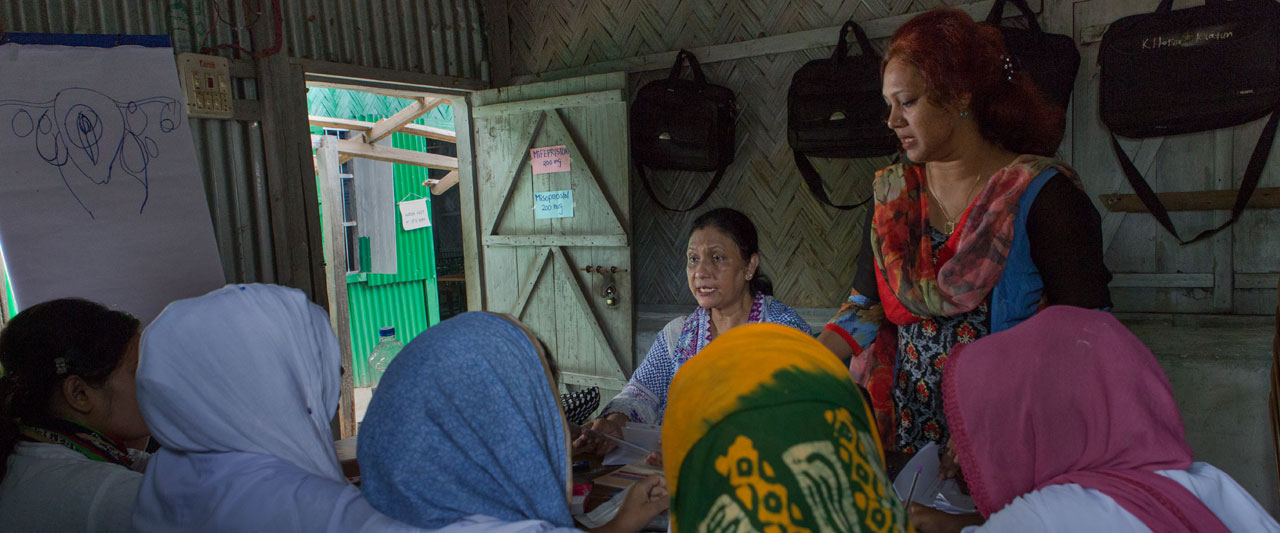Sexual and reproductive health is often overlooked in humanitarian settings. It’s an invisible problem compared with the need for food, water, shelter and vaccines. But in crisis settings, women face significant hardships trying to prevent pregnancy. They have lost their livelihoods, their normal family and social structures, and their health care. They’re at greater risk of gender-based violence, transactional sex and disruption in contraceptive use.
Around 700,000 Rohingya have fled Myanmar since August 2017, seeking refuge in Bangladesh. Many are women and girls who have been victims of sexual assault and torture and who are in desperate need of basic health services, including reproductive health care. “This crisis is overwhelming and so is the need for this care. There are thousands of pregnant women and girls living in the camps,” says Sayed Rubayet, Ipas Bangladesh country director.
According to Rubayet, the initial, much-needed public health response to the Rohingya crisis did not focus on these concerns. With partners, Ipas began working quickly in late 2017 to improve refugee access to reproductive health services.
Paramedics, midwives, and doctors who go through our short training will now provide menstrual regulation (as abortion is known in Bangladesh) and treatment for complications of unsafe abortion.”
– Sharmin Sultana, senior program advisor for Ipas Bangladesh.



Ipas Bangladesh initiated the trainings in coordination with the country’s health system, the government and international aid agencies. Some trainings were held in Dhaka and others were conducted within the camps themselves.
Services have been established at 33 facilities, supported by 77 trained providers. To ensure that services are routinely and regularly available at all sites, all providers trained by Ipas are asked to train at least one other colleague at their facilities.
Obviously, the need is great; the trainings will continue and more facilities will be established. For now, word is spreading from woman to woman about the services. “More and more women are finding out where to go and what to do, and that there are facilities to help them safely terminate a pregnancy,” says Dr. Zulekha Akhtar, one of the Ipas trainers.
She and other providers and trainees feel called to do what they are doing. The more Akhtar saw in the media about Rohingya women and the torture they had experienced in Myanmar, the more she felt compelled to train other providers within the camps. For Upama Day, a paramedic and recent trainee, providing this care is essential because she wants “to stand alongside these people in need.”
“I hope this can be a model for other countries, governments, donors and aid groups. It is possible to offer reproductive health services, including menstrual regulation, quickly,” says Ipas Bangladesh Country Director Sayed Rubayet.
Photographs and video © Farzana Hossen
For more information, contact [email protected].



